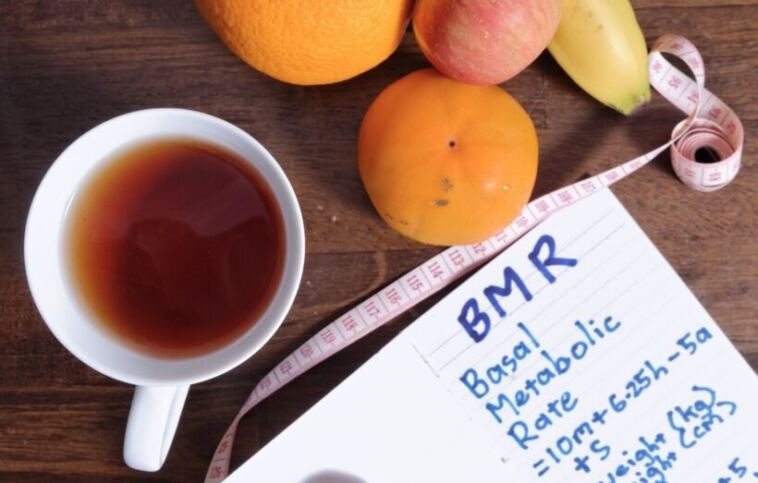- Like
- SHARE
- Digg
- Del
- Tumblr
- VKontakte
- Flattr
- Buffer
- Love This
- Save
- Odnoklassniki
- Meneame
- Blogger
- Amazon
- Yahoo Mail
- Gmail
- AOL
- Newsvine
- HackerNews
- Evernote
- MySpace
- Mail.ru
- Viadeo
- Line
- Comments
- Yummly
- SMS
- Viber
- Telegram
- JOIN
- Skype
- Facebook Messenger
- Kakao
- LiveJournal
- Yammer
- Edgar
- Fintel
- Mix
- Instapaper
- Copy Link
Introduction
Research means that we know better than to exercise in a vacuum and chances are that you know your biology is important if you’re trying to shed a few pounds.
But just how pivotal is biology in a weight loss journey? Well, there’s a reason why personalized nutrition advice is so highly recommended.
Here’s what you need to know.
Metabolism and Cellular Respiration
If we have one thing in common with snowflakes, it’s just how different everybody can be, so that individual variations in metabolism mean you want to burn calories at different rates. Age, genetics, body composition- a lot counts for how everything works, and understanding your unique metabolic profile is important if you’re going to tailor an effective weight loss strategy.
Now, metabolism is a two-part dance – catabolism and anabolism. The powerhouse behind this is cellular respiration in your mitochondria and your genetic makeup shapes how efficiently your body processes nutrients.
For example, imagine two furnaces—one may burn fuel more efficiently just because of how it’s designed and so the other could use some more help. Similarly, genetic factors mean you want to influence how efficiently your body’s “furnace” processes food, and personalizing your diet and exercise routine is how you want to do it.
Nutrient Balance and Hormones
Here too there are differences. For example, hormonal responses to eating your nutrients are different from person to person and it’s why some people are more sensitive to insulin or have different cortisol levels.
Really, you want to pay attention to how your body reacts to what it is that you eat. Your energy levels and hunger? They’re your body’s way of giving feedback and you want to listen when you’re deciding what food to prioritize and what to steer clear of.
For one person, a meal rich in fiber might stabilize blood sugar, while another’s biology means they could really use a lot more protein. So, keeping a journal of the food you eat plus your hormonal reactions is a good idea.
Exercise and Genes
Your genetic makeup plays a real role in how your body reacts to workouts. Some of us are born to be marathoners and others to be powerlifters so that factoring in your genetic blueprint is one of the best ways to optimize your fitness routine.
You want to work out considering your genetic makeup. Why? More often than not it clues you in on your optimal exercise mix, creating a workout plan that aligns with your body’s natural strengths.
Think of it this way; you want a workout plan like a custom-tailored suit; fits perfectly, maximizing your strengths and addressing your weaknesses.
Conclusion
Embarking on a weight loss journey involves more than just counting calories or hitting the gym. It’s a multidimensional expedition, intricately woven with the threads of biology, genetics, lifestyle, and mindfulness.
Shedding those extra pounds is indeed serious business, but it is also a journey of self-discovery and empowerment.
As you embark on this transformative expedition, consider these multifaceted insights, each a valuable piece in the puzzle of achieving a healthier and happier you.
About Theresa Duncan
Originally from Detroit, MI, Theresa has been offering health and fitness advice for the last 30 years while working as an engineer. She decided to turn her passion into a profession, and finds nothing more satisfying than helping others reach their health and fitness goals.

